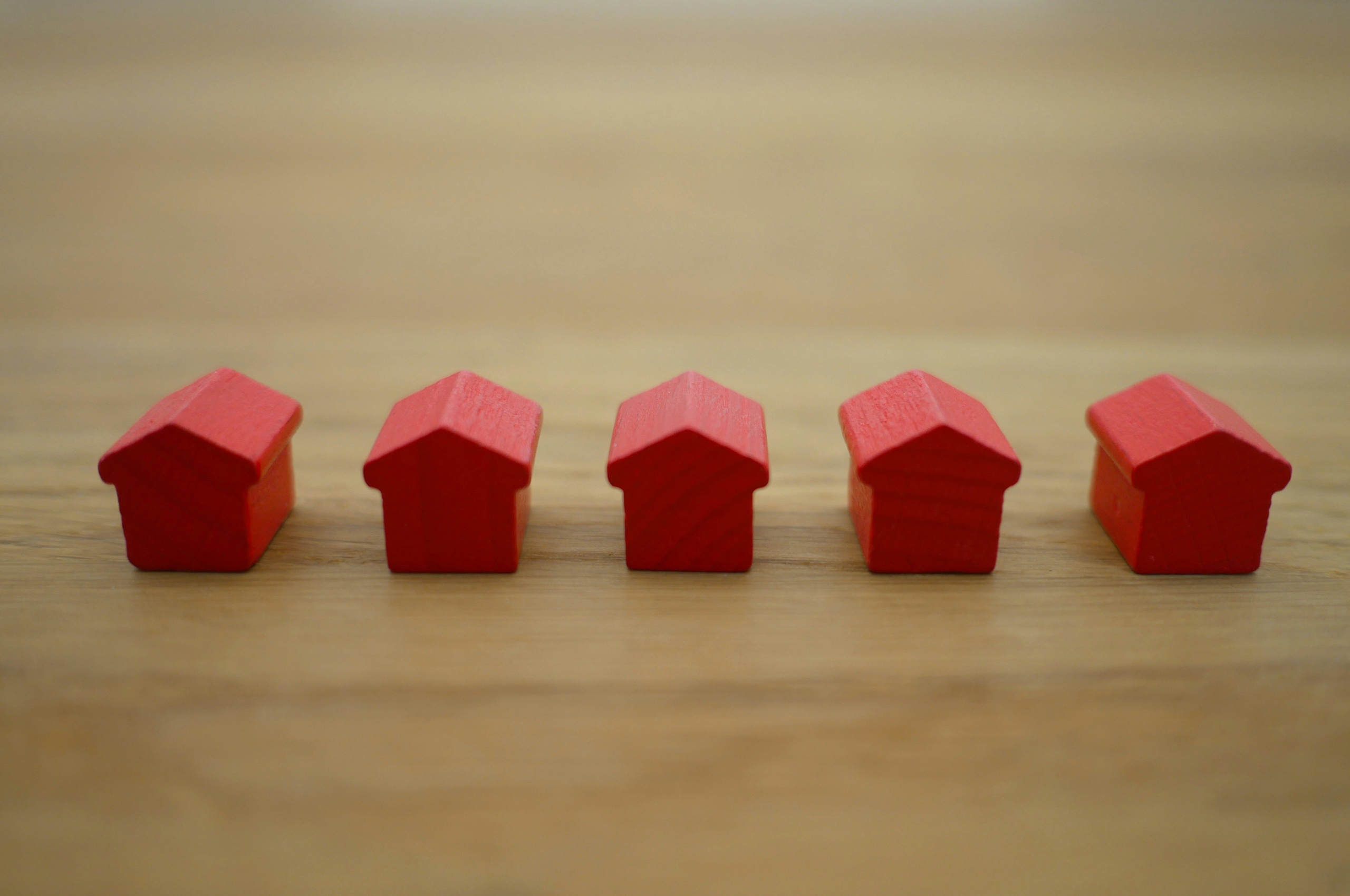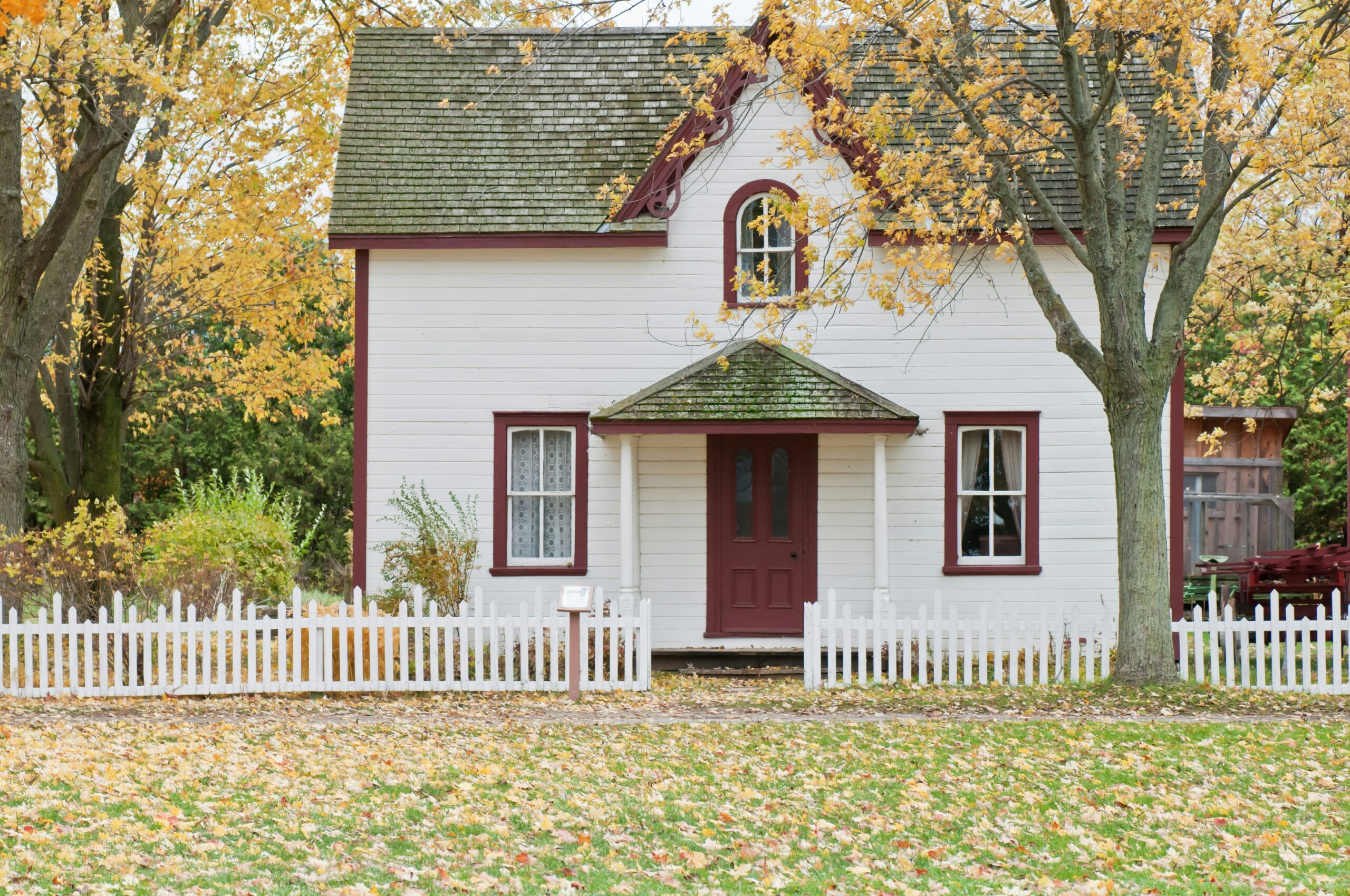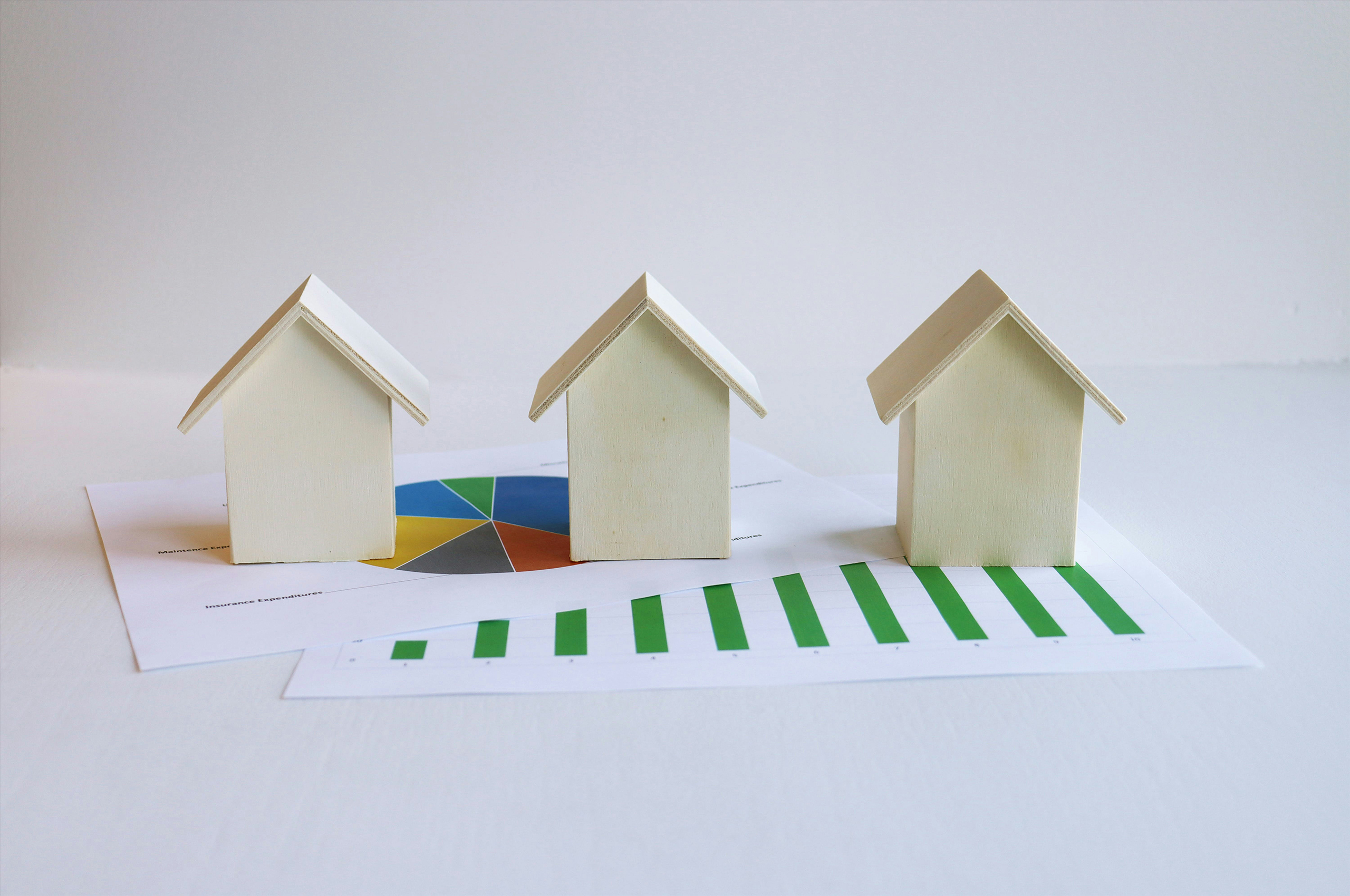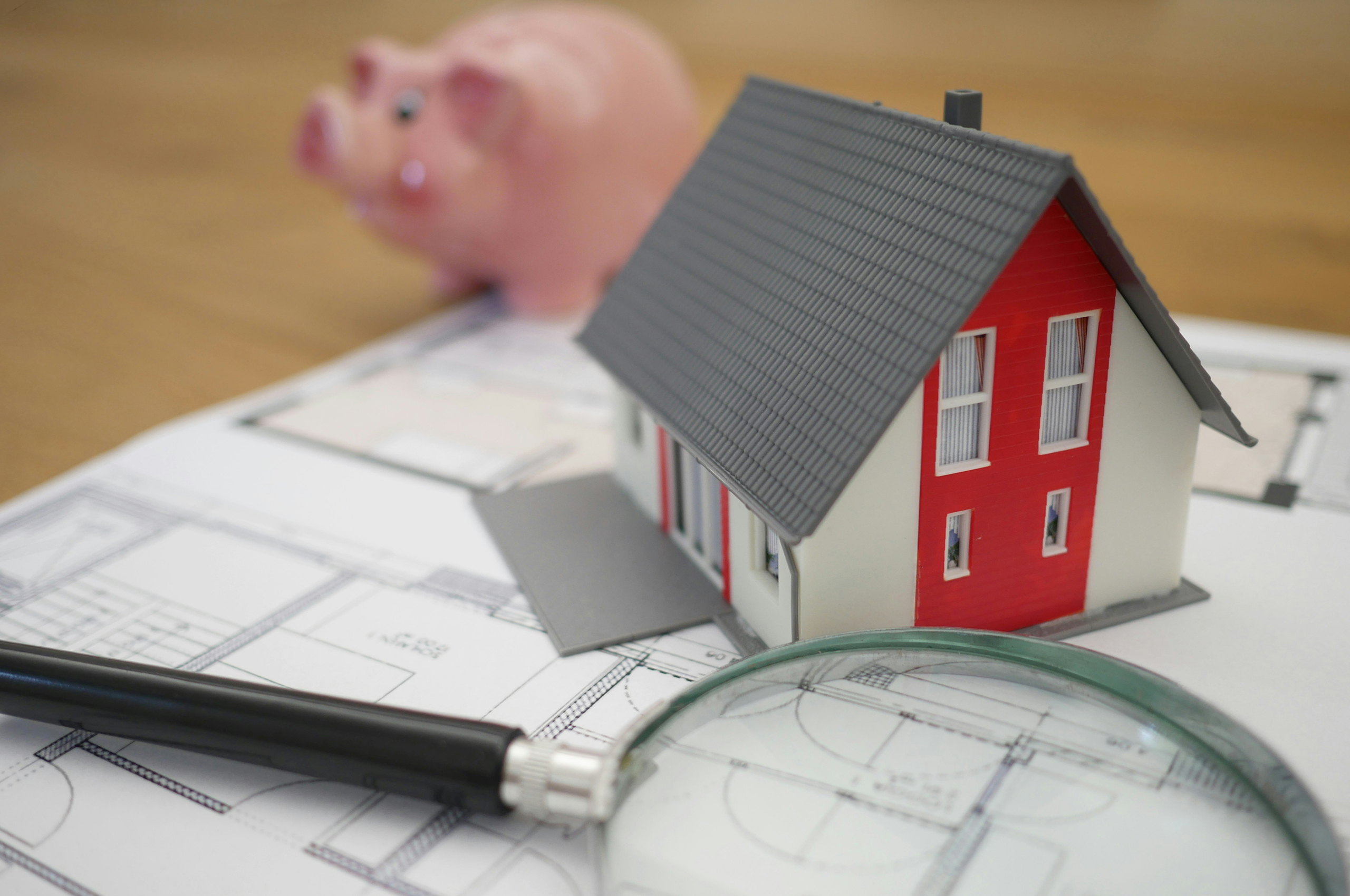
Why are homes so expensive right now?
Let me guess—you’ve looked at a few houses recently, ran the numbers, and thought, “Wait, how can anyone afford this?” You’re not alone. Home prices have skyrocketed in recent years, and it’s frustrating—especially if you’re a first-time buyer or looking to upgrade. So what’s really going on? Let’s break it down in plain English.
First, we have the classic issue of supply and demand. Remember high school economics? When demand outpaces supply, prices go up. That’s exactly what we’re seeing. There simply aren’t enough homes for all the people who want to buy them. In many cities, housing inventory is well below what’s needed. Builders haven’t been able to catch up due to the rising costs of materials, a shortage of labor, and complicated regulations. Meanwhile, more people are entering the market—some looking for more space, some relocating for work or lifestyle changes, and others tired of renting. With more buyers than homes, prices naturally increase.
Interest rates also play a major role. Just a few years ago, mortgage rates were at historic lows, making it easier to afford more expensive homes with relatively low monthly payments. But when inflation picked up, the Federal Reserve raised interest rates, and mortgage rates followed. Borrowing suddenly became more expensive. For example, a buyer who could afford a $500,000 home at 3% interest now finds that with a 7% rate, the same monthly payment only stretches to a much lower home price. But sellers, understandably, still want to get top dollar. So we end up in a gridlock—homes are less affordable, but prices haven’t dropped enough to compensate. It’s like being stuck in a traffic jam with no clear exit.
Adding to the problem is the fact that many homeowners are staying put. Why would someone trade their 2.75% mortgage for one at 7%? Most wouldn’t. As a result, fewer homes are going on the market, keeping inventory tight. It creates a domino effect: people don’t sell because they can’t find anything to buy, which leads to even fewer homes available for others. Buyers feel stuck in a cycle with limited options.
Another major factor is the rising cost of construction. Building a home isn’t cheap, and it’s gotten even more expensive. Lumber prices soared during the pandemic, as did prices for steel, copper, and concrete. Labor costs jumped due to a shortage of skilled workers. On top of that, many cities have complex zoning rules and permitting requirements that slow down the building process and add costs. These expenses are passed on to the buyer. Builders, seeking profit margins, often focus on larger, more expensive homes, which means entry-level or affordable homes are in short supply.
Investors have also entered the housing market in full force. Large companies, rental investment firms, and house flippers are now competing with everyday homebuyers. They often come in with all-cash offers, no contingencies, and quick closing timelines. It’s hard for a regular buyer to compete with that. You might fall in love with a home, make a solid offer, and still lose out to a higher cash bid. This investor activity, especially in high-demand markets, drives up prices and pushes out many potential homeowners. I saw this firsthand with my cousin in Phoenix—she was outbid by cash buyers three times before finally landing a home after seven long months.
There’s also an emotional component to all this. After living through a pandemic, many people reevaluated what they want in a home. More space, a home office, a backyard, privacy—these have become non-negotiables for a lot of buyers. And when emotions run high, people tend to stretch their budgets. There’s a sense of urgency, even desperation, that this might be their one shot at getting what they want. That mentality pushes prices even higher.
You might be thinking, “Fine, I’ll just rent for now.” But rents have climbed too. With fewer people able to buy, demand for rentals has surged, giving landlords the leverage to charge more. In many areas, the cost of renting is on par with—if not higher than—a monthly mortgage. Renting used to be the fallback plan, but now it’s not much of a bargain either. For many, it feels like being caught between a rock and a hard place.
Location still plays a big role. While places like San Francisco, Austin, and New York remain notoriously expensive, smaller towns and secondary markets have also seen significant price increases. Why? Remote work. People realized they didn’t have to live near the office anymore, so they moved to areas that used to be more affordable. But with increased demand in those towns came rising prices. That’s great if you bought before the boom—but not so great if you’re trying to break into the market now.
So what can you do? First, take a deep breath. This market is challenging, but not impossible. Start by getting crystal clear on your financial situation. Understand what you can realistically afford without overextending yourself. Talk to a local lender and see what assistance programs might be available—some offer help with down payments or better interest rates. Work with a real estate agent who knows your market and can help you spot opportunities. Be patient. The right home may take longer to find, but it’s out there. And if it turns out that now isn’t the right time for you to buy, that’s okay too. Renting for a bit longer while you save and plan is not a failure—it’s a smart strategy.
So, why are homes so expensive right now? It’s not just one thing. It’s a complicated mix of low inventory, high demand, rising construction costs, interest rate hikes, investor competition, and emotional buying behavior. It’s messy. It’s frustrating. But you’re not alone. Millions of people are navigating this same landscape. Stay informed. Stay grounded. And remember—you’re not crazy for wondering why prices are so high. Homes are expensive right now. But with the right plan, the right mindset, and the right team, you can still find a path forward. You’ve got this.
Disclaimer: This article is for informational purposes only and does not constitute financial advice. Readers should consult with financial advisors and real estate professionals before making investment decisions.
Related Blog Posts

Buying a home is one of the biggest financial decisions you’ll ever make, and timing plays a crucial role in ensuring you get the best deal possible...
Are you thinking about where you want to live long-term? Maybe you’re weighing your options between renting and buying...
Let me guess—you’ve looked at a few houses recently, ran the numbers, and thought, “Wait, how can anyone afford this?” You’re not alone. Home...
Let’s be honest—real estate commissions can feel confusing. Who pays whom? How much? And what are you really getting in return? If you’re buying or...


